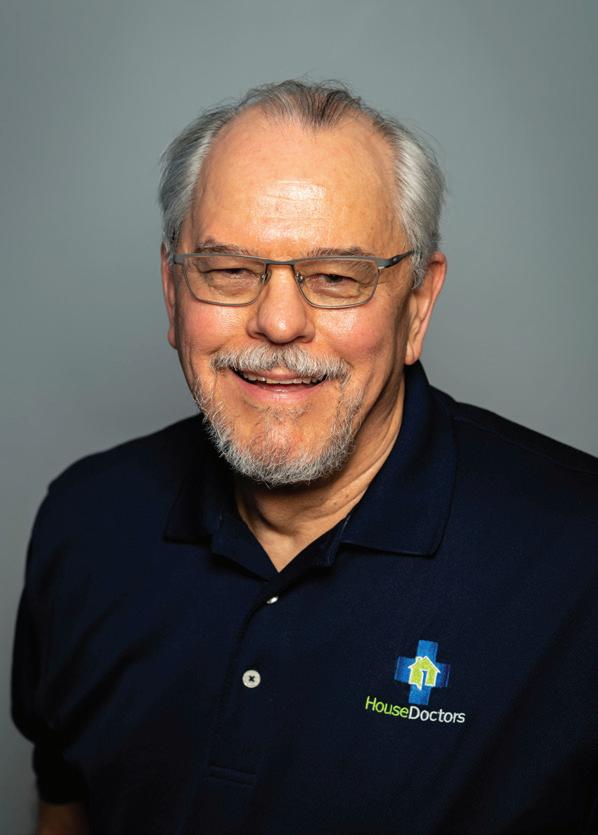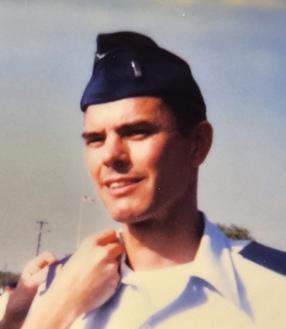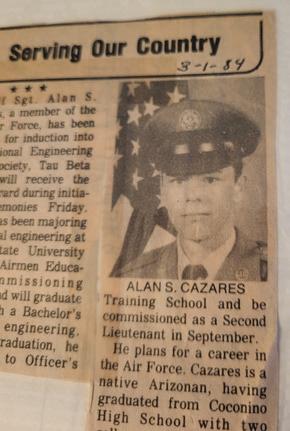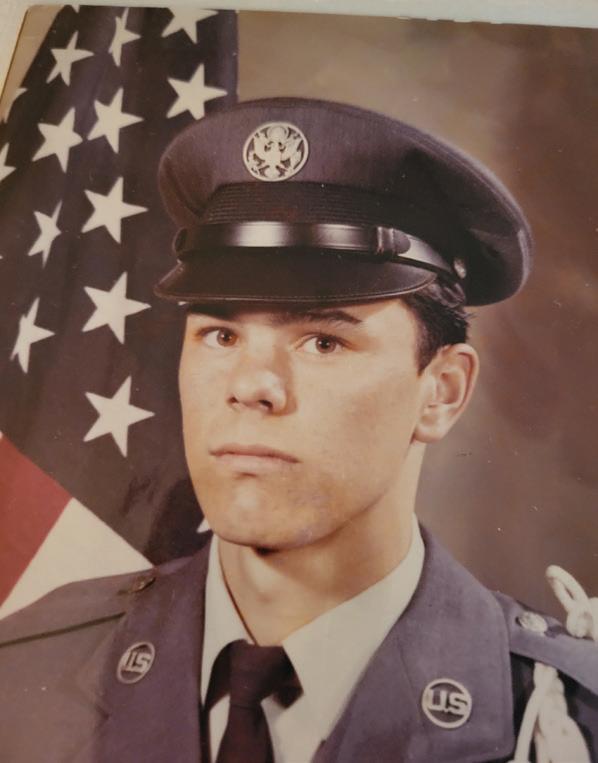
2 minute read
fro M air for C e CaP tain to h ouse Do C tor a n a ir Force
Veteran Fin D s a n ew Mission in Franc H isin G
Al Cazares joined the Air Force in 1972, right out of high school. But not because it was his only option. As a bright student near the top of his class, Al received several scholarships. But the Vietnam War was raging. “I enlisted in the Air Force because that’s what all my friends were doing,” says Al. “We all wanted to be heroes in Vietnam. And it turned out to be a great decision because I didn’t know what I wanted to do in college.”
What followed was a 20-year career in the military. “The Air Force really took me by the hand and guided me through the process of adulting. And then they took care of my education.” After nine years working in radio maintenance and air and ground communications, the Air Force sponsored Al to get a degree in electrical engineering at Arizona State University.
“The Air Force paid for everything, including my salary, so I didn’t have to go to school and work.” Later, with his VA benefits, Al would earn a master’s in management.
After officer training school, Al’s career as a satellite systems engineer took many twists and turns. His tours included time at Scott Air Force Base near St. Louis; work in Hawaii and Omaha, Nebraska; teaching ROTC at the University of Minnesota; work at the Pentagon, for which the highest screening clearances were required; and finally, at Peterson Air Force Base near Colorado Springs, Colorado, working in systems integration. “When the final assignment came, my wife and I decided to live in Colorado.”

Al retired in 1992 with a job lined up in government contracting doing the same work he’d done for the military. Eventually, Al spent 23 years in corporate America. As a technical director, he managed a $12-15 million budget and had 150 people reporting to him.
But Al’s job ended abruptly when he was laid off as the company downsized. “After 43 years of working, I woke up Monday morning and didn’t have a job.” Al and his wife wanted to stay in Colorado Springs. For two years, Al looked for work, even taking a $10-an-hour job as a security guard. When a friend asked Al if he’d ever considered opening a business, Al balked. “I said no way and almost hung up the phone on him. I’d had a job my whole life and didn’t think I’d be any good at owning a business.” But Al’s friend convinced Al to explore franchise opportunities. He focused on two: a cruise travel agency and House Doctors. Al went with House Doctors due to his experience being a handyman around his home. “I knew enough to be dangerous,” Al jokes. “If we’d chosen the cruise franchise, we’d have gone belly up because of Covid.”
In 2016, Al opened his House Doctors franchise in Colorado Springs. His wife acts as secretary and treasurer. “When you open a business, you’re the chief officer of everything. We have customers who’ve been with us the whole time.”
Al learned leadership and management in the military, and with the support of his


“ Al learned leadership and management in the military, and with the support of his office manager and team of technicians, Al’s House Doctors is booming. “Colorado Springs was maybe 150,000 people when we moved here. Now it’s around 750,000. We have plenty of work.” office manager and team of technicians, Al’s House Doctors is booming. “Colorado Springs was maybe 150,000 people when we moved here. Now it’s around 750,000. We have plenty of work.”
Al thinks franchising is the perfect business opportunity for vets. “It’s easier than trying to do everything on your own. You’ve got a lot of support. The franchise set us up to learn everything we’d need to know.” Al laughs. “The key is: it’s never perfect. If you were in the military, you already know you have a job to get done. It’s mission-critical you do your part to make sure the team is successful. It’s the same in franchising. You take the bad stuff and learn from it. You take the good stuff and amplify it.”










